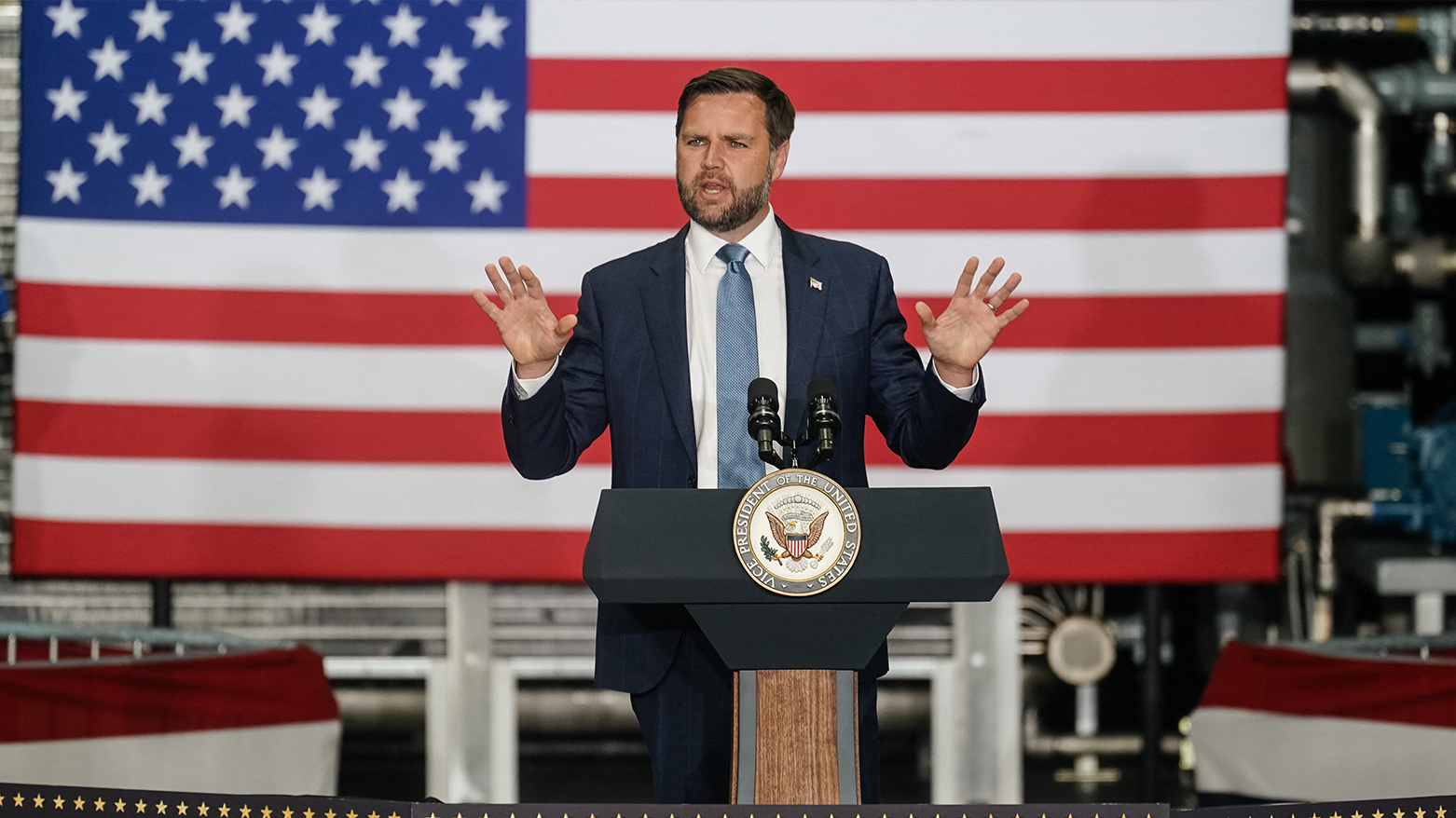US Vice President Vance Says Russia Has Made “Significant Concessions” Toward Ukraine Peace Deal
US VP Vance says Russia made "significant concessions" toward Ukraine peace, accepting security guarantees for Kyiv. He credited Trump's economic pressure but noted sanctions will continue.

ERBIL (Kurdistan24) – U.S. Vice President JD Vance declared that Russia has made “significant concessions” in ongoing efforts to reach a negotiated settlement with Ukraine, signaling what he described as the most meaningful shift in Moscow’s position since the war began more than three and a half years ago.
Speaking on NBC’s Meet the Press with Kristen Welker on Sunday, Vance said Russian President Vladimir Putin had accepted that Ukraine would receive security guarantees to protect against future Russian aggression.
“I think the Russians have made significant concessions to President Trump for the first time in three and a half years of this conflict,” Vance stated. “They’ve recognized that they’re not going to be able to install a puppet regime in Kyiv. That was, of course, a major demand at the beginning. And importantly, they’ve acknowledged that there is going to be some security guarantee to the territorial integrity of Ukraine.”
He emphasized that while progress was visible, sanctions on Russia would continue to be assessed individually. Vance admitted that new penalties were unlikely to push Moscow into an immediate ceasefire, but said that economic leverage remained a key tool in negotiations.
Vance pointed to U.S. President Donald Trump’s recent decision to impose a 25 percent tariff on Indian goods as punishment for New Delhi’s purchases of Russian oil. He suggested that this kind of economic pressure was central to the U.S. strategy.
“He’s tried to make it clear that Russia can be re-invited into the world economy if they stop the killing, but they’re going to continue to be isolated if they don’t stop the killing,” Vance noted.
The Vice President’s remarks follow President Trump’s comments on Aug. 22, 2025, when he likened the idea of bringing Ukrainian President Volodymyr Zelensky and Putin together for direct talks to mixing “oil and vinegar.”
“Well, we’ll see. We’re going to see if Putin and Zelensky will be working together. That’s like oil and vinegar, a little bit. They don’t get along too well, for obvious reasons,” Trump said when pressed about prospects for a summit.
Trump added that he preferred the two leaders to meet independently, without his presence, though he admitted such a meeting had yet to materialize. He further underscored the heavy human cost of the war. “They continue to fight and they continue to kill people, which is very stupid, because they’re losing 7,000 people now. I used to tell you five, now they’re losing 7,000 people a week. Think of that, they’re losing 7,000 people on average a week. Mostly soldiers.”
Meanwhile, Russia’s Foreign Minister Sergei Lavrov on Aug. 21, 2025 accused Ukraine of lacking any genuine interest in a lasting settlement. He argued that Kyiv’s position on security guarantees remains “incompatible” with Moscow’s conditions.
“The Ukrainian regime and its representatives comment on the current situation in a very specific way, directly showing that they are not interested in a sustainable, fair, long-term settlement,” Lavrov told reporters.
Lavrov reiterated that President Putin had expressed readiness to meet Zelensky, but insisted that the issue of Zelensky’s legitimacy—stemming from the postponement of Ukrainian elections during the war—must be resolved before any document could be signed.
He also charged that European leaders were actively working to derail progress made during last week’s U.S.-Russia summit in Alaska, where outlines of a peace framework were discussed. Lavrov denounced European security proposals for Ukraine, particularly suggestions of troop deployments, as “foreign intervention” and warned that “any presence of European forces in Ukraine would be absolutely unacceptable for the Russian Federation.”
As Vice President Vance stressed, the possibility of reintegrating Russia into the global economy hinges on its willingness to end hostilities. Yet with deep mistrust between the warring sides, and competing visions of Ukraine’s security future, the path toward peace remains uncertain.